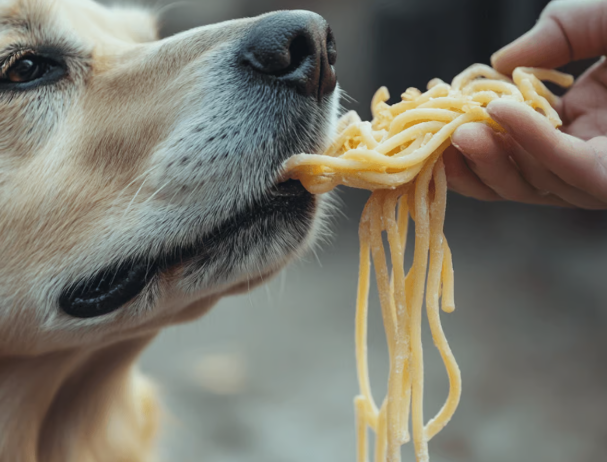Yes, dogs can eat many types of vegetables! Vegetables are a great way to add fiber, vitamins, and minerals to your dog's diet. However, it's important to introduce new foods gradually and monitor your dog for any adverse reactions.
Here are some vegetables that are safe for dogs:
- Carrots: A crunchy and nutritious treat that can help clean teeth.
- Green Beans: A low-calorie, fiber-rich option.
- Broccoli: A good source of vitamins and minerals, but should be given in moderation.
- Spinach: A leafy green that is rich in iron and calcium.
- Pumpkin: A great source of fiber and can help with digestion.
- Sweet Potatoes: A nutritious and delicious treat.
Vegetables to Avoid:
- Onions and Garlic: These can be toxic to dogs.
- Avocados: The pit and skin of avocados can be toxic.
- Mushrooms: Some types of mushrooms can be poisonous to dogs.
Remember: While vegetables can be a healthy addition to your dog's diet, they should not replace their regular dog food. Always consult with your veterinarian before making significant changes to your dog's diet.


